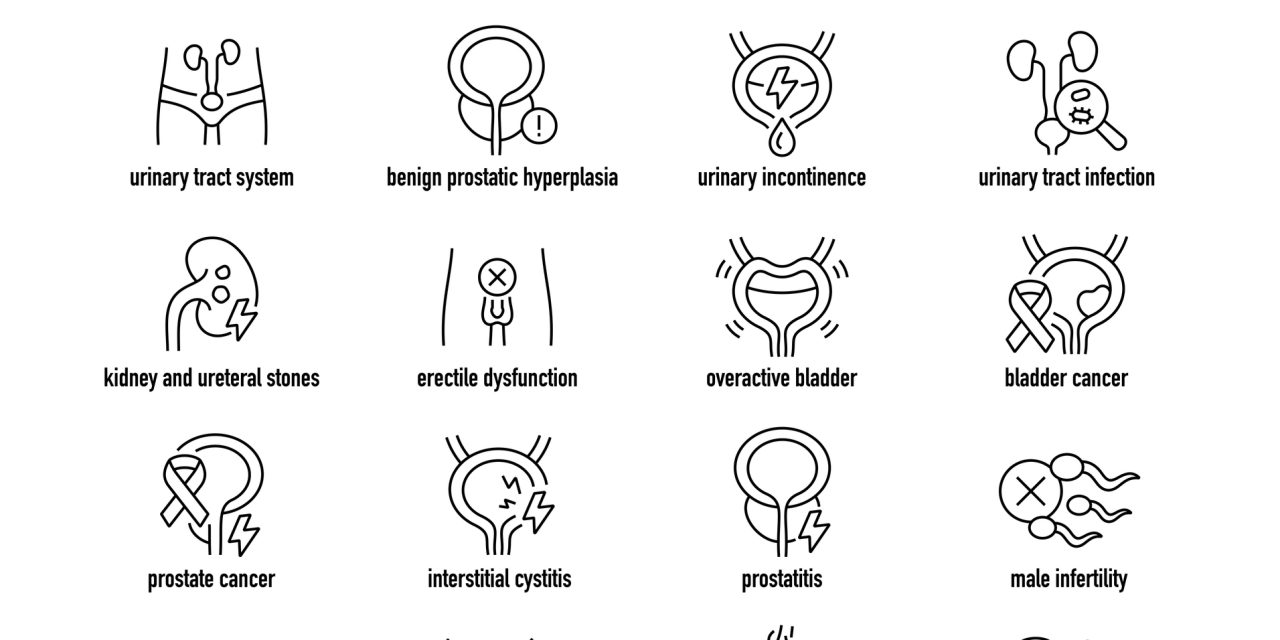Pelvic organ prolapse (POP) is a common disease, and there are several surgical procedures available to treat it. The study offers a review of biologic grafts, including the most recent research, to assist surgeons in deciding which biologic materials to use to enhance repairs. Since the FDA banned mesh, including xenograft, in 2019, there has been a scarcity of biologic graft materials accessible for POP repairs. This has resulted in a considerable reduction in surgical application. Before using biologic grafts, surgeons must be conversant with their biochemical characteristics, processing, and clinical use. They should also be aware with alternate operational procedures that use autografts, however data on these techniques is sparse.
With a greater understanding of mesh and its problems, biologic grafts have made a comeback. Surgeons must be well-versed in their alternatives. The current research is sparse, and studies have not shown that biologic grafts are preferable than native tissue repairs for prolapse. Nonetheless, these forms of biologic transplant material have a place in some patient groups. Future research is required.
Reference:https://link.springer.com/article/10.1007/s11934-020-01013-x


